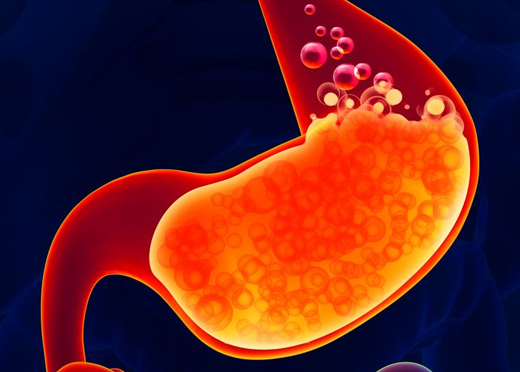What is GERD?
Gastroesophageal reflux is a chronic disease that occurs when stomach contents flow back (reflux) into the food pipe (esophagus). It is usually caused by failure of the muscle valve (called the lower esophageal sphincter) between the stomach and the esophagus to close properly. The backwash of stomach acid irritates the lining of the lower esophagus and causes the symptom of heartburn.
TRIGGER FOODS
Some foods are known to trigger symptoms of GERD. By keeping a food diary, you can identify your trigger foods and changes. your diet to reduce discomfort. Below is a list of some foods recognized to trigger symptomsf of GERD and how they affect the dcgigestive tract:
- Coffee (with or without caffeine) and caffeinated beverages relax the lower esophageal sphincter.
- Citrus fruits and juices such as orange, grapefruit and pineapple have high acid content.
- Tomatoes and processed tomato-based products such as tomato juice, and pasta and pizza sauces are highly acidic.
- Carbonated beverages (fizzy drinks) cause gaseous distension of the stomach (bloating) which increases pressure on the lower esophageal sphincter causing acid reflux.
- Chocolate contains a chemical called methylxanthine from the cocoa tree, which is similar to caffeine. It relaxes the lower esophageal sphincter, which causes acid reflux.
- Peppermint, garlic and onions relax the lower esophageal sphincter causing acid reflux.
- Fatty, spicy or fried foods relax the lower esophageal sphincter as well as delay stomach
emptying and therefore cause acid Maintain a healthy diet
- Elevatetheheadofyourbed.
- Don'tliedownafterameal.
- Eatfoodslowlyandchewthoroughly.

